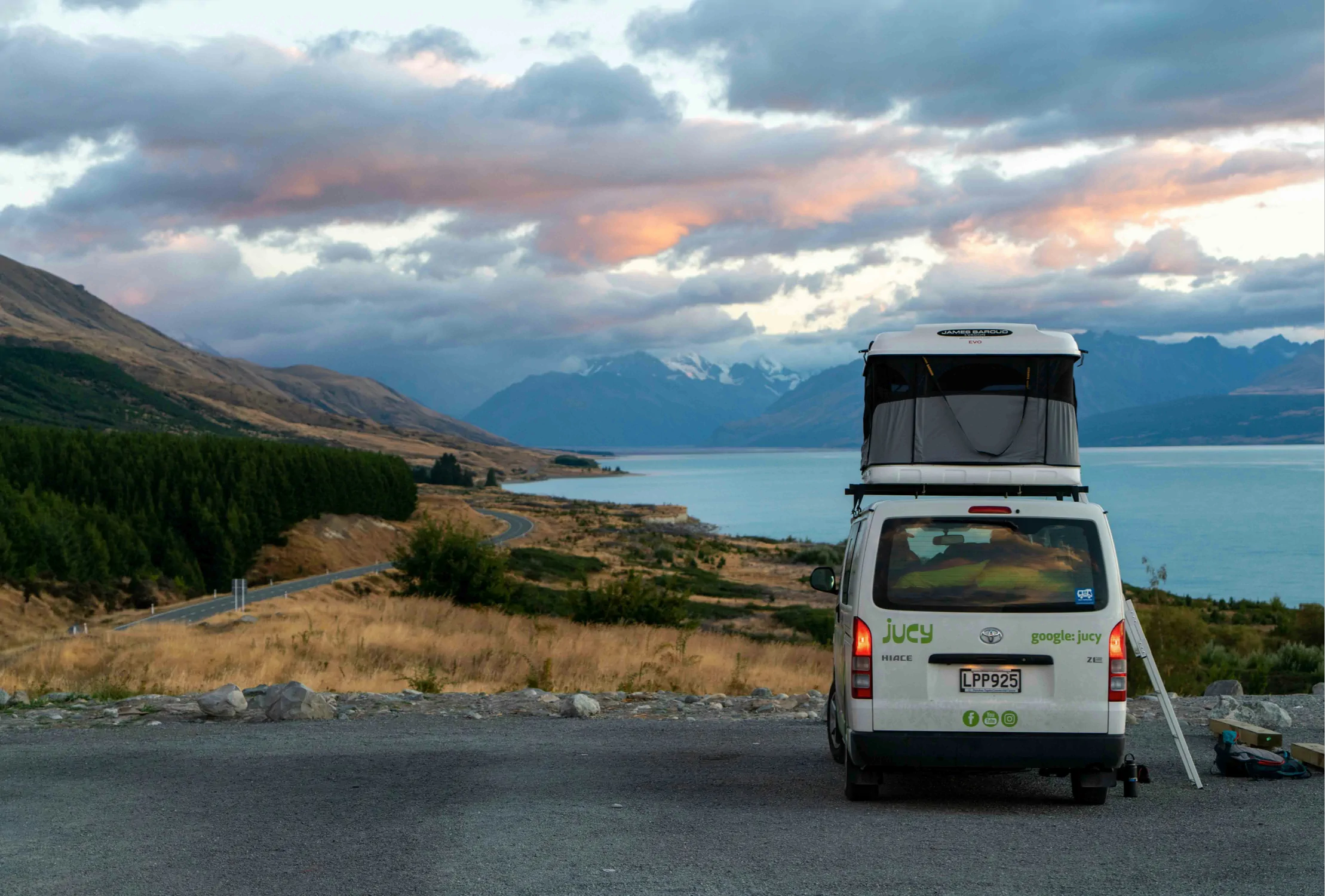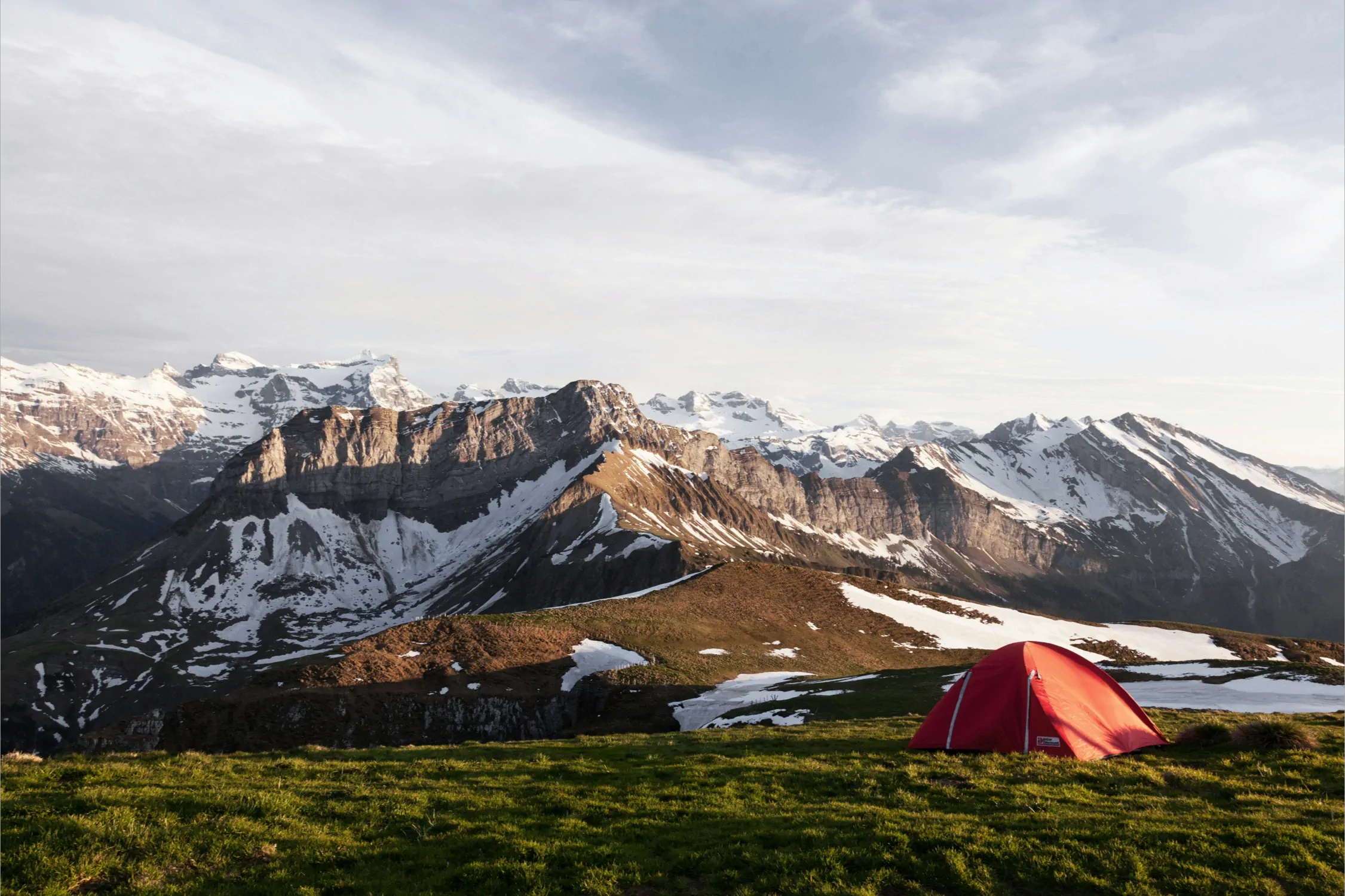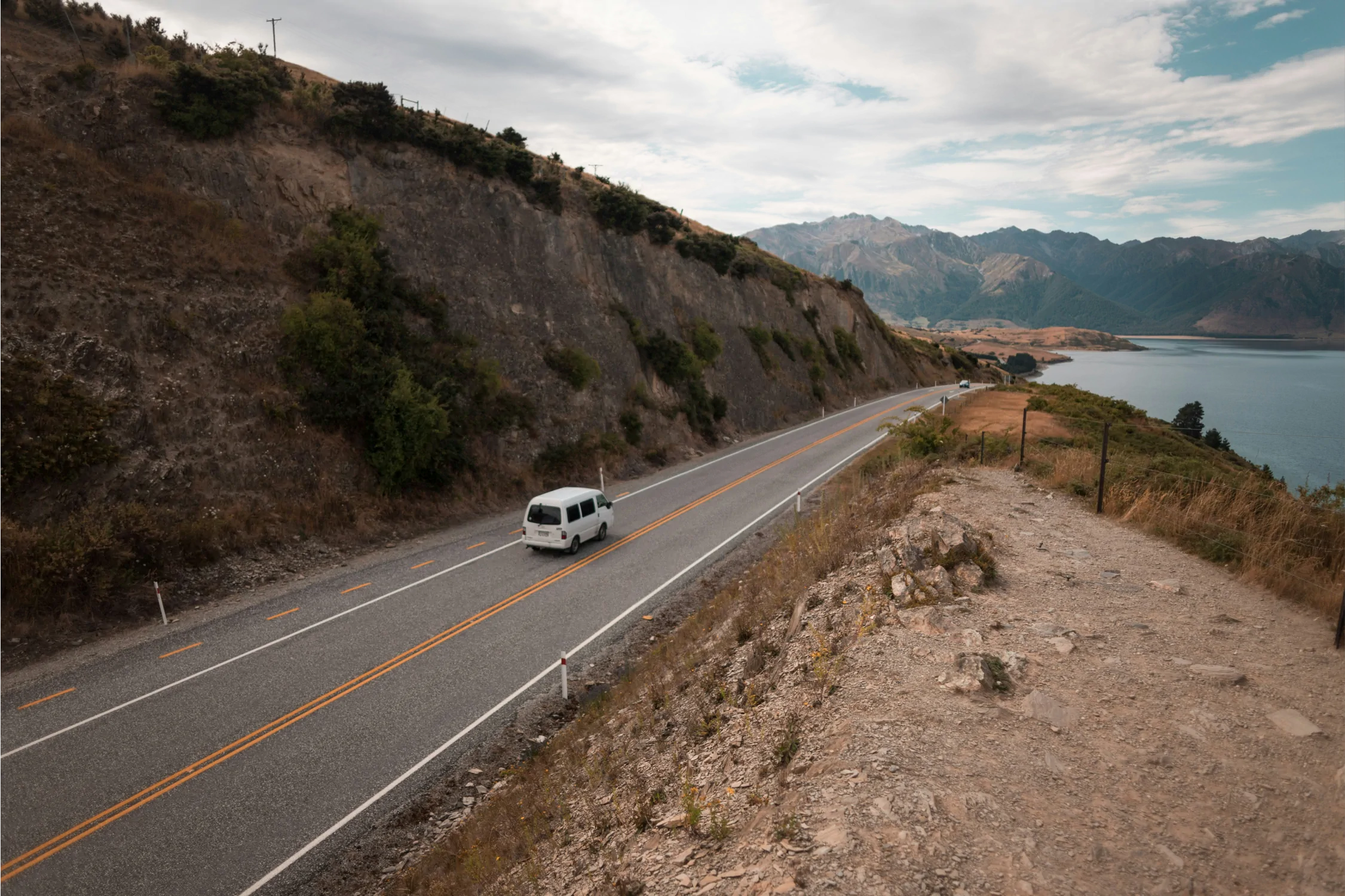Best Camping Apps for New Zealand in 2025
We downloaded, drove with, and benchmarked every major New Zealand camping app so you know exactly which one to trust for offline maps, freedom camping bylaws, DOC huts, and road-trip planning in 2025.

Featured snippet answer: The best camping apps for New Zealand help you stay informed and compliant offline. KiwiCamping pairs official DOC data, council bylaw summaries, holiday park amenities, and dump stations in one place with self-contained filters. We also compare Rankers, CamperMate, WikiCamps, and others below.
We evaluated each contender against five pillars: data freshness, offline usability, compliance guidance, trip-planning power, and privacy. Tap back to the KiwiCamping features section if you want a fast overview of what the app already includes. If you need booking tactics once you have picked an app, jump to our holiday park booking guide.
Criteria used to rank apps
New Zealand’s camping landscape changes constantly: DOC publishes alerts weekly, councils release new freedom camping bylaws overnight, and storm damage can close a beloved campsite for months. Any app ranked here had to refresh its data at least monthly and cite official sources, otherwise travellers could end up with fines or wasted detours.
Offline coverage weightings were doubled compared with past years. We tested each platform with devices in flight mode while driving Te Waipounamu and Te Ika-a-Māui. KiwiCamping cached DOC text, bylaws, amenities, and dump station notes, while several competitors only kept coarse maps. When you are far from reception, that difference is critical.
Compliance guidance now includes how well an app differentiates between general freedom camping rules and self-contained only areas. With the self-contained vehicle regulations tightening, we marked down tools that simply tag a site “SC only” without linking to sources or providing verification steps.
Trip planning was the fourth pillar. We looked for saved lists, routing, and collaboration features so groups can plan together. KiwiCamping’s unlimited lists and drag-and-drop stops outperform one-off bookmark systems from global apps.
Finally, privacy and monetisation policies influenced rankings. Because users share location history and vehicle information, we read every privacy policy and noted if the app sells aggregated data. For a deeper look at how KiwiCamping handles data, review the privacy page.
Top apps list with pros and cons
Below are the camping apps Kiwi travellers use most. Each entry lists real-world strengths and deal-breakers after thousands of kilometres of testing.
- KiwiCamping – compliance and offline depth. Pros: official DOC listings, council bylaw summaries, trip planner, dump station filters, and in‑app weather. Cons: currently iOS only.
- Rankers – huge community review base. Pros: crowd photos, DOC partnership data; lists 4,000+ legal camps and is widely supported by councils. Cons: relies on reception and has fewer enforcement notes than KiwiCamping.
- CamperMate - holiday park specialist for NZ & AU. Pros: booking integrations, local deals, user reviews. Cons: categories can be cluttered; offline packs limited.
- WikiCamps NZ – flexible filter engine. Pros: user-added POIs, Q&A boards, packing checklists, and 7‑day weather; paid after a short trial. Cons: data verification varies and no official bylaw feed.
- AllTrails (NZ filters) – trampers’ companion. Pros: topo overlays and GPX exports. Cons: lacks dump stations, bylaws, and vehicle-focused info.

Use KiwiCamping to find campsites and then open them directly in Apple Maps for driving directions. That workflow is significantly faster than copying GPS coordinates from other apps.
Disclosure: This guide is produced by the KiwiCamping team. We include competitor strengths/limitations and link to their sites so you can decide what’s best for your trip.
Offline maps and coverage by region
KiwiCamping’s offline bundles include all DOC campgrounds, huts, and bylaws for both islands. Sync over Wi-Fi before leaving Auckland, Wellington, Christchurch, or Queenstown and you will have every rule on-device while roaming remote valleys.
Rankers and CamperMate provide optional map tile downloads, but they do not package council bylaws or dump station notes. If you much prefer their interface, preload regional downloads and screenshot critical rule summaries from KiwiCamping as a backup.
WikiCamps asks you to pick specific regions. In our testing, it missed smaller council updates in Taranaki and Southland. KiwiCamping stores the official PDF link for each bylaw so you can show compliance officers even when offline. Tap “Council Source” inside the app listing.

Pricing comparison
KiwiCamping offers a free tier that allows you to find campsites, huts, holiday parks, dump stations, and toilets on the map, but you cannot save them to lists or see their details. The KiwiCamping Pass ($3.99 NZD for Week Pass, $12.99 NZD for Year Pass) unlocks full functionality including saving to lists, viewing details, trip planning, and offline access. CamperMate monetises via bookings/deals, and WikiCamps uses a one‑off licence fee after a short trial.
Rankers bundles premium tools inside a yearly Rankers+ subscription. The upgrade adds offline downloads. AllTrails requires AllTrails+ for offline maps and focuses on tramping rather than vehicle camping.
When considering cost, factor in roaming data, fines, and planning time. The more context an app gives you before you park, the fewer penalties you will pay. KiwiCamping’s proactive alerts help travellers avoid $400 infringement tickets now common in many districts.
When each app is the right choice
Choose KiwiCamping if you want one app that handles freedom camping rules, DOC huts, booking research, and dump stations without signal. It is also the only tool layering enforcement notes, waitlists, and weather into the same interface.
Pick Rankers when you primarily want community reviews and you are staying in well-connected destinations. Pair it with KiwiCamping for compliance checks. Use CamperMate or Holiday Park-specific apps when your trip is powered-site heavy and you want bundle deals. Then return to our holiday park booking HowTo to lock in the best rates.
For trampers carrying GPX devices, AllTrails is still useful, but run it alongside KiwiCamping to confirm hut availability and bylaws for vehicle-based legs. Every traveller should keep KiwiCamping installed because it is free, respectful of user privacy, and backed by official datasets.
Other apps to consider (NZ‑specific)
- NZMCA (members): built on CamperMate data with member‑only parks and dump stations.
- DOC Campsite Finder: DOC‑run campgrounds only (~250; often basic). Useful but limited to DOC sites and historically Android‑only.
- Campable: private land stays and unique hosted sites; availability varies by region.
Best camping apps FAQ
- Is KiwiCamping really free?
- KiwiCamping has a free tier that lets you find campsites, huts, holiday parks, dump stations, and toilets on the map, but you cannot save them to lists or see their details. The KiwiCamping Pass ($3.99 NZD Week Pass, $12.99 NZD Year Pass) unlocks full functionality including saving to lists, viewing details, trip planning, and offline access.
- Which app has the most accurate freedom camping rules?
- KiwiCamping synchronises council bylaws directly and stores the official PDF, so even offline you can prove compliance.
- Can I use multiple apps on one trip?
- Absolutely. Install KiwiCamping as your planning and information source, then layer other apps for extra photos or deals. Keep this tab pinned so you can cross-check quickly.
Related reading: Full guides hub ↗ · Holiday Parks booking guide ↗ · Privacy policy ↗